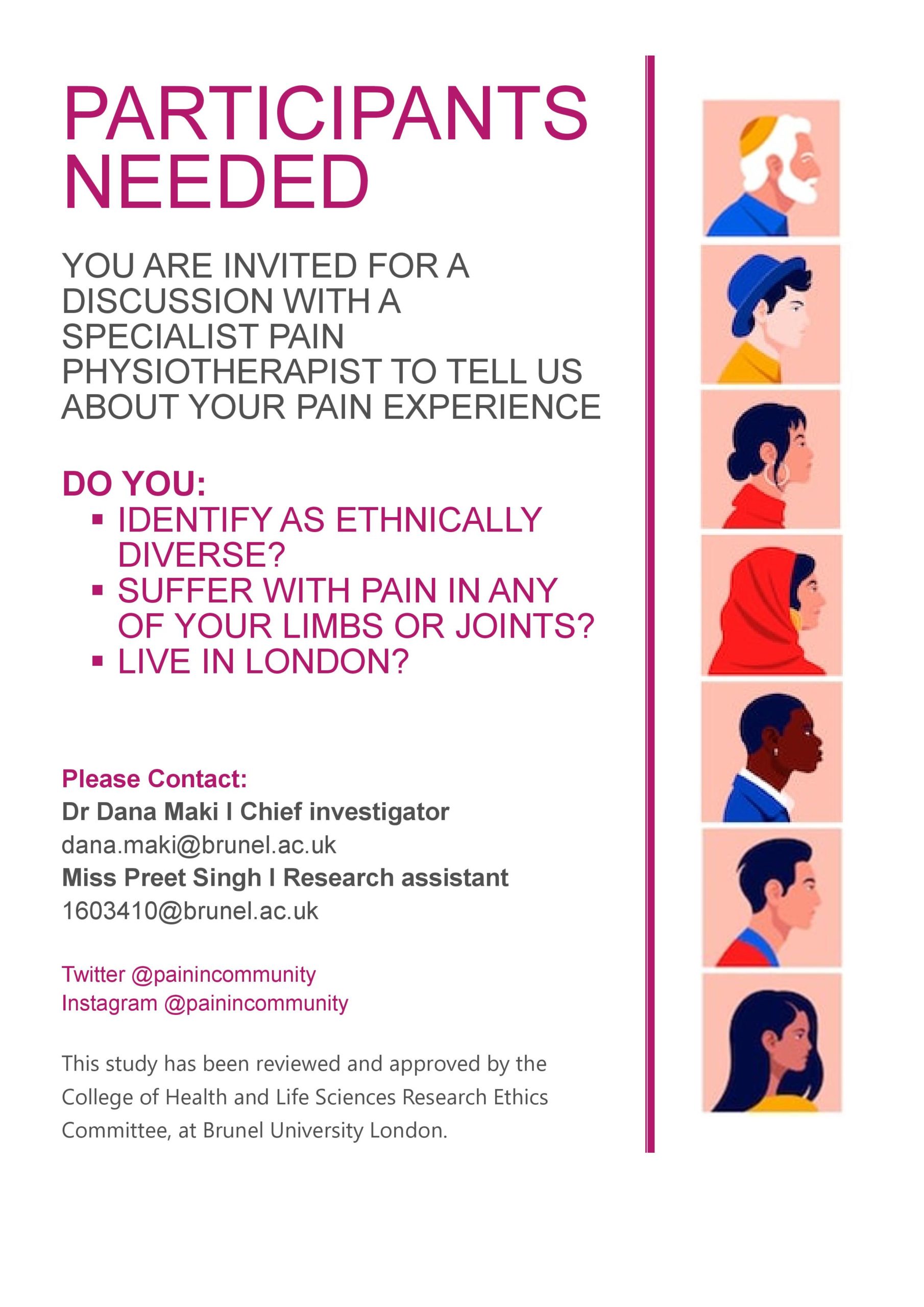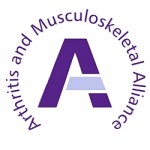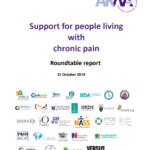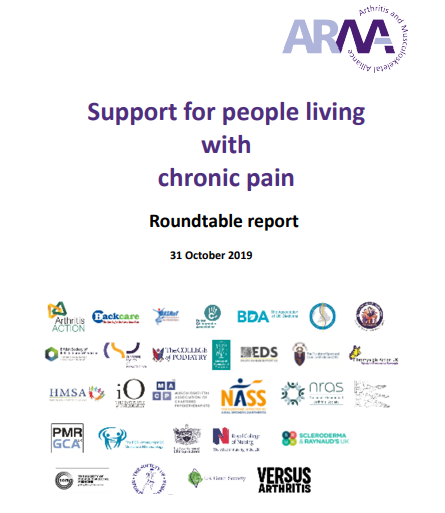
 Health Education England e-Learning for Healthcare (HEE e-LfH) has worked with ESCAPE-pain and the Health Innovation Network to develop two e-learning resources, aimed at helping healthcare professionals and exercise instructors understand the principles behind the ESCAPE-pain programme – facilitating group education and exercise sessions for people living with chronic joint pain and learning how the programme may be implemented in their organisation.
Health Education England e-Learning for Healthcare (HEE e-LfH) has worked with ESCAPE-pain and the Health Innovation Network to develop two e-learning resources, aimed at helping healthcare professionals and exercise instructors understand the principles behind the ESCAPE-pain programme – facilitating group education and exercise sessions for people living with chronic joint pain and learning how the programme may be implemented in their organisation.
What is the ESCAPE-pain programme?
ESCAPE-pain is an evidence-based and cost-effective group rehabilitation programme for people with chronic joint pain.…
Read more of this article





 Chronic (persistent or long-lasting or recurrent) pain significantly impacts individuals, their families and carers. For people with pain, the day-to-day concerns of living with and managing pain are of the highest importance, more so than the underlying condition. Here are some resources on pain available to people at home.
Chronic (persistent or long-lasting or recurrent) pain significantly impacts individuals, their families and carers. For people with pain, the day-to-day concerns of living with and managing pain are of the highest importance, more so than the underlying condition. Here are some resources on pain available to people at home.
 In October 2019 ARMA held a roundtable bringing together people working on chronic pain from a range of perspectives to discuss what might be done to improve the experience of people living with chronic pain. Around 10–14% of people (6 – 8 million) experience moderate to severely disabling pain. Currently services and support for these people are difficult to access. Whilst not all chronic pain is musculoskeletal, osteoarthritis and back pain are associated with over half of all chronic pain, so that the lack of support is a key issue for us. …
In October 2019 ARMA held a roundtable bringing together people working on chronic pain from a range of perspectives to discuss what might be done to improve the experience of people living with chronic pain. Around 10–14% of people (6 – 8 million) experience moderate to severely disabling pain. Currently services and support for these people are difficult to access. Whilst not all chronic pain is musculoskeletal, osteoarthritis and back pain are associated with over half of all chronic pain, so that the lack of support is a key issue for us. … 
 I’ve read a few things about how hard it is to get going after the festive break, or “blue Monday” part way through January, rumoured to be the most depressing day of the year. I’ve had a very different experience this year with a positive start to 2020. January has involved conversations and planning for our 2020 activities. Lots of positivity from members and stakeholders means I’m optimistic and looking forward to a successful year.
I’ve read a few things about how hard it is to get going after the festive break, or “blue Monday” part way through January, rumoured to be the most depressing day of the year. I’ve had a very different experience this year with a positive start to 2020. January has involved conversations and planning for our 2020 activities. Lots of positivity from members and stakeholders means I’m optimistic and looking forward to a successful year.

 this work, drawing on the experiences of over 100 collaborators to give an overview of why this challenge warrants attention and promising opportunities to improve care.…
this work, drawing on the experiences of over 100 collaborators to give an overview of why this challenge warrants attention and promising opportunities to improve care.…